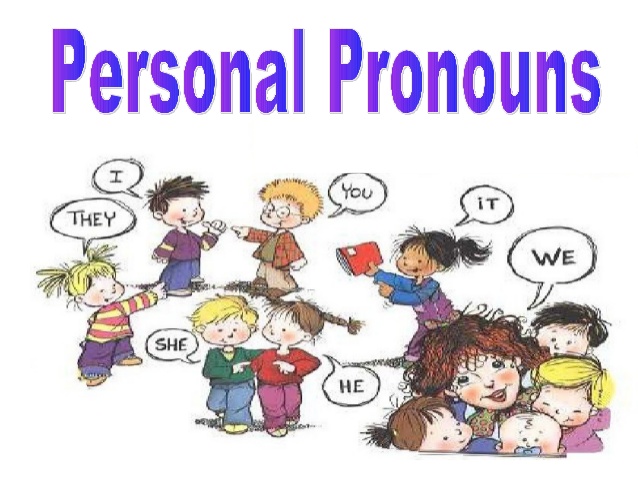* Personal pronouns stand for specific people or things.
They change according to person, gender and number. Some of the personal
pronouns are ‘ I, you, he, she, we, they, it’
For example : I went to the temple with them.
* Possessive pronouns stand in place of a proper noun. Some
of the possessive pronouns are ‘ my, her, his, their’
For example : My book is on the table. (‘My’
is a possessive pronoun standing in place of the persons name)



